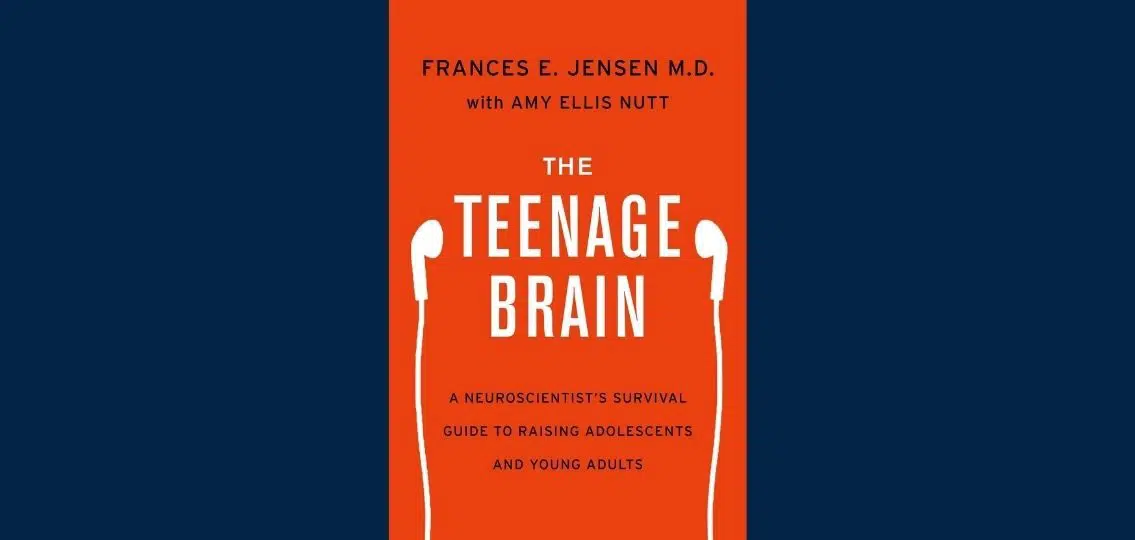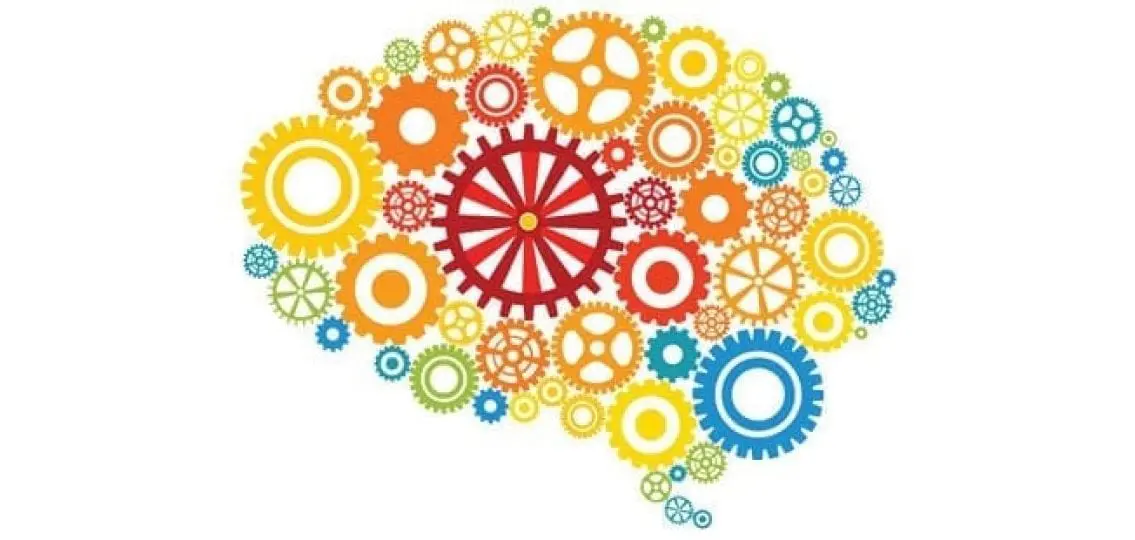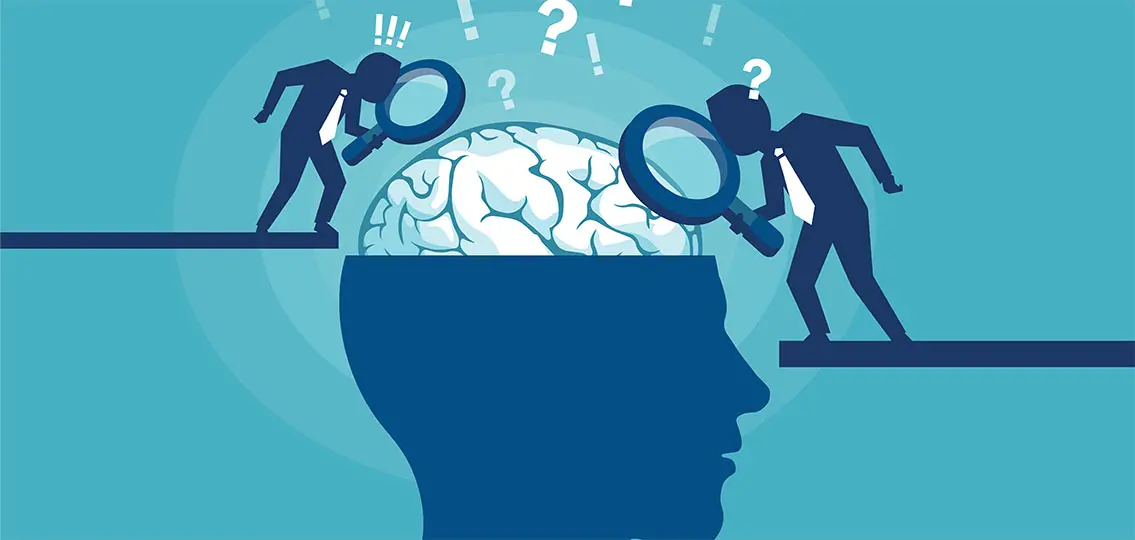When high school freshman Bodhi Zick snaps at his mom or is rude to a friend, he has an unusual perspective that helps him manage these frustrations and mistakes: Thanks to his mom Yvonne-Monique Aviva, a parenting coach, Zick remembers that based on what she knows about teenage brain development, his brain is currently under construction.

Like a typical kitchen remodel, this brain “remodel” takes longer than you might expect, lasting from puberty’s onset through the mid-to-late 20s. Aviva, founder of Seattle-based Parent Tool School and a parenting speaker for numerous school districts, corporations, and nonprofits, has found that teens respond to insights about how their brain development is interacting with their everyday experiences and emotions.
Teenage Brain Development: Why It’s Normal
Zick has learned from Aviva that while his mind’s prefrontal cortex, or planning center, is being remodeled, his amygdala—an early warning system for the brain—is often in charge. “It helps to know that the amygdala triggers the fight-or-flight response.
Sometimes I’ll snap at my mom and she’ll say, ‘Wow, that’s quite the response your amygdala is sending!’” says Zick.
While his mother’s comments can lead to eyerolls, he’s glad for her expertise. “I like putting a name to what is happening,” he says. “Then I can identify what I’m feeling and access what I can do to either calm down or feel better. If I’m stressed, picking up the guitar for five minutes can help me relax.”
While no parent wants more eye-rolls directed their way, Aviva finds that keeping brain development in mind can help parents and teens weather the storms of intense behavior. That’s why she includes this information when she teaches life skills and substance abuse prevention to teenagers and their caregivers.
“Normalizing what’s happening through sharing knowledge gives kids agency and autonomy,” says Aviva. “It’s in a teen’s job description to be messy, more irritable and reactive, and less patient than adults with fully constructed brains. It’s good for them to know they aren’t personally flawed.”
What a Changing Brain Looks Like
When Aviva talks about the adolescent brain at presentations with teens and parents, she offers these visual representations to illustrate her points:
A tree with branches that have gone crazy. All the neural connections that developed before adolescence are being reshaped. The connections that don’t get used are pruned, and the connections that are actively engaged may remain. The teen years are a good time to follow interests and learn new skills—and to be intentional about how to spend time and energy.
A fire-alarm amygdala. The amygdala is designed to keep adolescents safe while the prefrontal cortex is developing. But it often sends false alarms. For teens, it can be reassuring to know that not everything their brain thinks is a crisis is actually a crisis.
A jungle with no pathways, symbolizing millions of neural pathways. Every time teenagers learn something new—and between school and everyday life, they often do—they’re breaking new ground and creating circuitry that they’ll use for the rest of their life. That’s complicated, messy work—and it can help teens to know that we don’t expect the work of being a teen to be easy, but we have confidence that they’re capable.
How Parents Can Help
While this teenage brain development happens, parents can think of themselves as coaches or partners, says Kevin Haggerty, a professor who specializes in prevention programs at the University of Washington School of Social Work in Seattle.
“That means approaching their problems without judgment.Their teenage brains are primed to seek rewards, yet the prefrontal cortex, the critical thinking part of the brain, isn’t as fully developed,” says Haggerty. “We want our teens to know that they aren’t the problem, but they may have a problem. I like to say there’s no problem so big that it can’t be solved.”
For example, if they forget Tuesday is their night to make the family dinner, ask them how they’d like you to help remind them of this fact. This coaching technique can also be valuable before things go wrong. “That means helping them think through consequences and practicing difficult situations with them in advance,” says Haggerty. “Say, ‘Let’s talk about the things that can happen when you’re out on Friday night.’”

By practicing critical thinking skills with them, he adds, their brains can build neurons that help them make good decisions in the future. Knowing that their brain is still developing can be a twofold reassurance to teens: I can’t help it that my brain is not yet fully developed and, even more hopefully, I can affect the way my brain grows.




